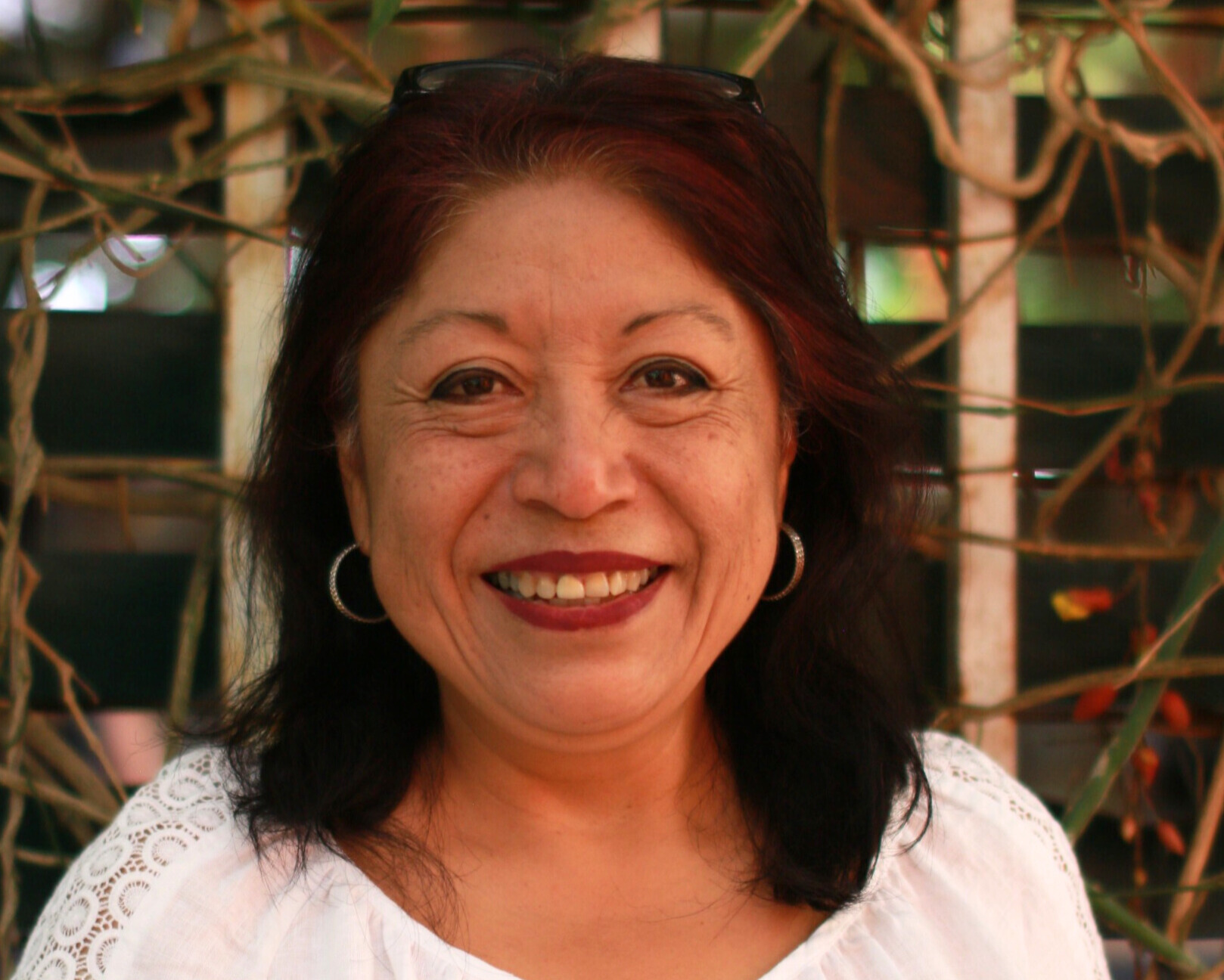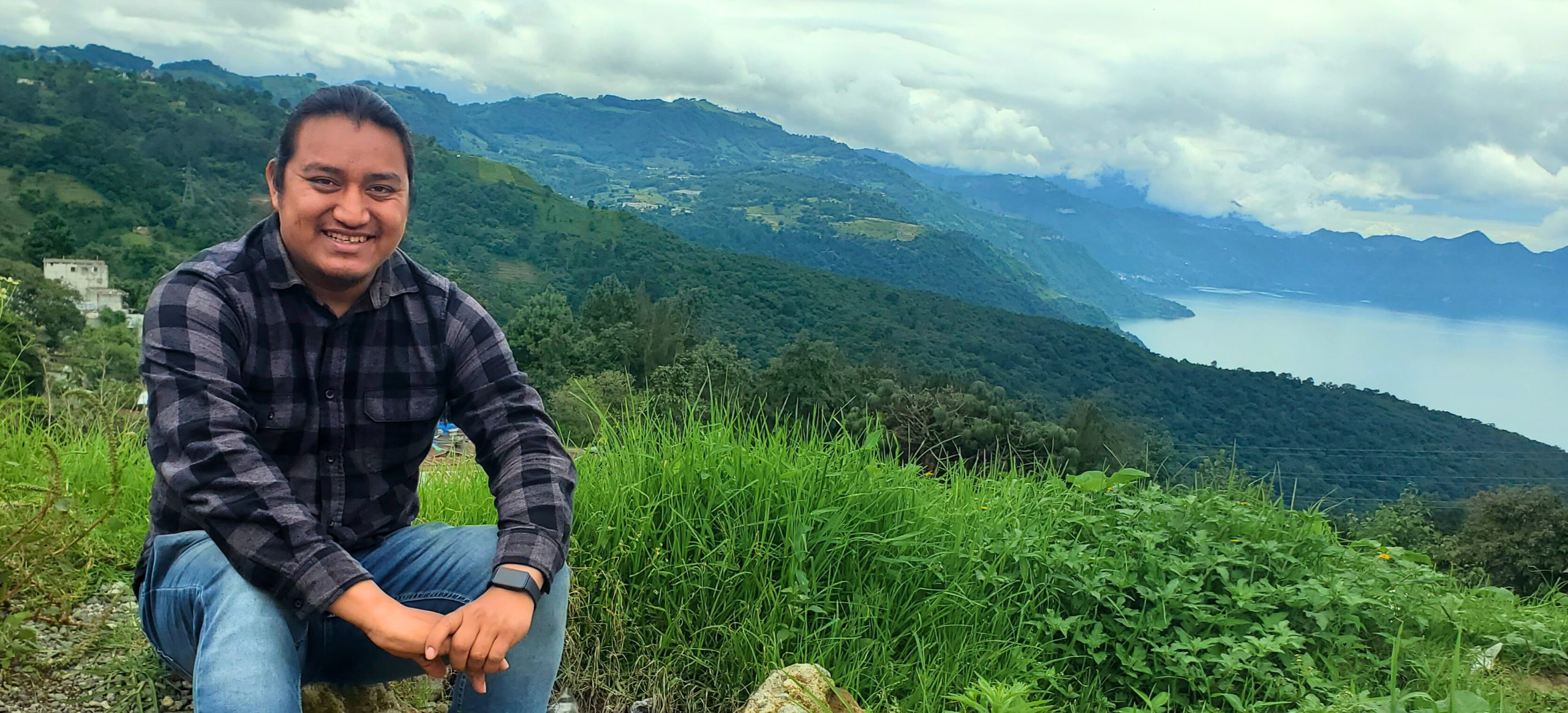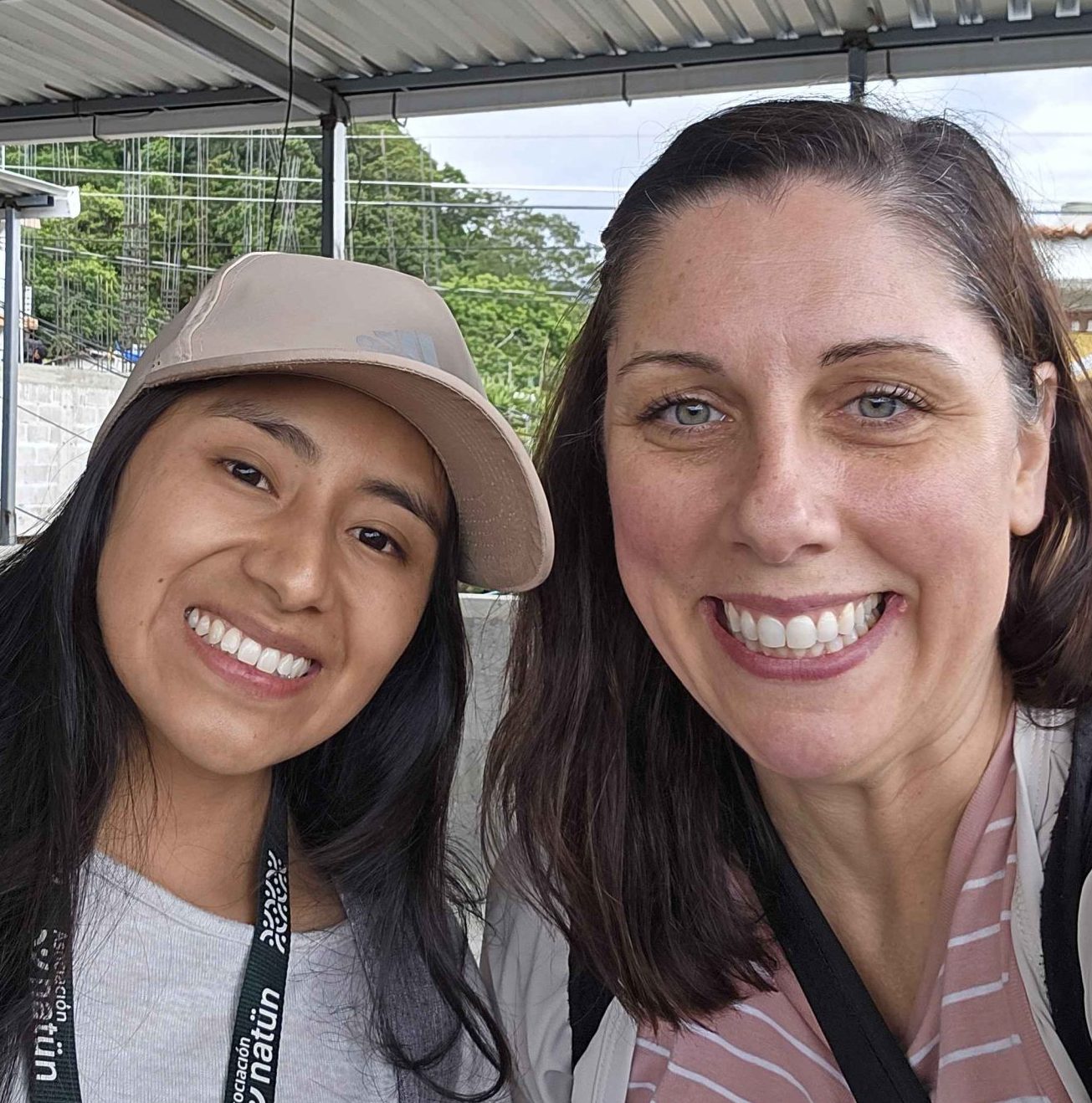At Natün, Indigenous rights are woven through all our programs—they are the foundation guiding every action we take. Through programs deeply rooted in the realities of the Western highlands of Guatemala, we work with Indigenous communities to promote equity, access to essential services, and the strengthening of local leadership.
Recently, we sat down with Mercedes Alvarado, Natün’s Director of Operations and Finance, to hear her reflections on what it means to work for Indigenous rights in practice—not only in field programs, but in organizational structure, internal policies, and the everyday choices we make. With more than 20 years of experience in community development, Mercedes offers a deeply grounded and powerful perspective on the significance of this work.
“I believe that at both the national and departmental levels, Indigenous populations are the most vulnerable… But it’s not a natural situation—it’s the result of accumulated exclusion.”
Mercedes’ path has taken her across Guatemala, from Quetzaltenango to Sololá, leading projects in agriculture, water access, education, and health. At every step, she’s seen how systemic exclusion limits the fulfillment of basic rights—and how local knowledge and community leadership are essential to transforming those conditions.
“My experience here at the association is that we put women, and especially Indigenous women, first—because they are the most vulnerable groups… and with the rights-based approach we have, we want them to know their rights and exercise them.”
That rights-based focus is not just theoretical at Natün. It’s visible in every program: in gardens that nourish both families and autonomy, in Learning Communities’s spaces that foster civic leadership among youth, and in programs that support women in claiming space, power, and voice.
“Maybe we don’t know exactly how much it was before or how much it is now, but when the women we’ve visited tell us, ‘Before, I didn’t know how to do it—but now I do,’ that’s the change you see and hear from the people.”
For Mercedes, transformation isn’t just measured by data—it’s witnessed in the confidence and strength that grow when people access resources they need and the knowledge they deserve.
“The Indigenous population has the same rights as the non-Indigenous population. However, there are barriers to exercising those rights. One of them is mainly discrimination.”
Natün works alongside communities to help ensure the access to the rights and resources are guaranteed—whether through the health system, public education, or civic engagement—while also supporting initiatives that respect and integrate local languages, traditions, and ways of thinking. This approach goes beyond mere inclusion, which allows communities to participate within existing systems, toward transformation: creating spaces and processes where the systems themselves begin to reflect Indigenous culture, knowledge, and priorities, making resources meaningful and culturally relevant.
“Our vision is clear… we only bring some of the necessary resources, but we also expect the participants to contribute as well.”
This philosophy of partnership and mutual responsibility is central to Natün’s work. And it begins within the organization itself.
“When we talk about rights, it’s important that everyone on the Natün team speaks the same language… that we respect the rights of the people we work with.”
Mercedes leads from the inside, helping ensure that Natün’s values aren’t just reflected in programming—but also in team trainings, staff structure, and organizational culture. The majority of Natün’s staff are Indigenous, and that is by design.
Why Support This Work?
Structural exclusion remains a reality for Indigenous peoples in Guatemala, and inequalities in access to healthcare, education, and economic opportunities are stark. As Mercedes emphasizes, sustainable change happens when initiatives build on the strengths, knowledge, and leadership already present in communities.
“I would say it’s important to invest, to donate… and to improve those conditions… because we help improve the living conditions of many people.”
Through integrated approaches—nutrition paired with entrepreneurship, education paired with advocacy training—Natün works alongside communities to strengthen existing structures, connect local leadership with broader systems, and support initiatives rooted in ancestral knowledge and local priorities. The long-term goal is collective sustainability and self-reliance.
This is what it means to be truly grounded in Indigenous rights: to listen, to collaborate, and to ensure that dignity, justice, and opportunity are not just principles, but realities shaped by the communities themselves.





